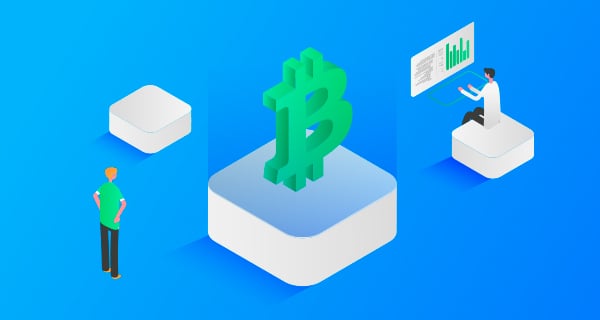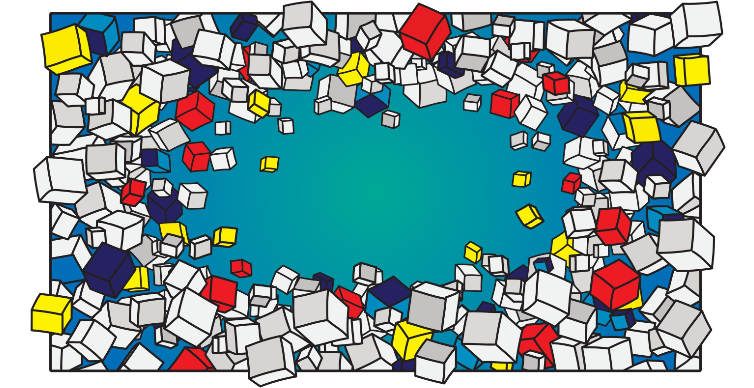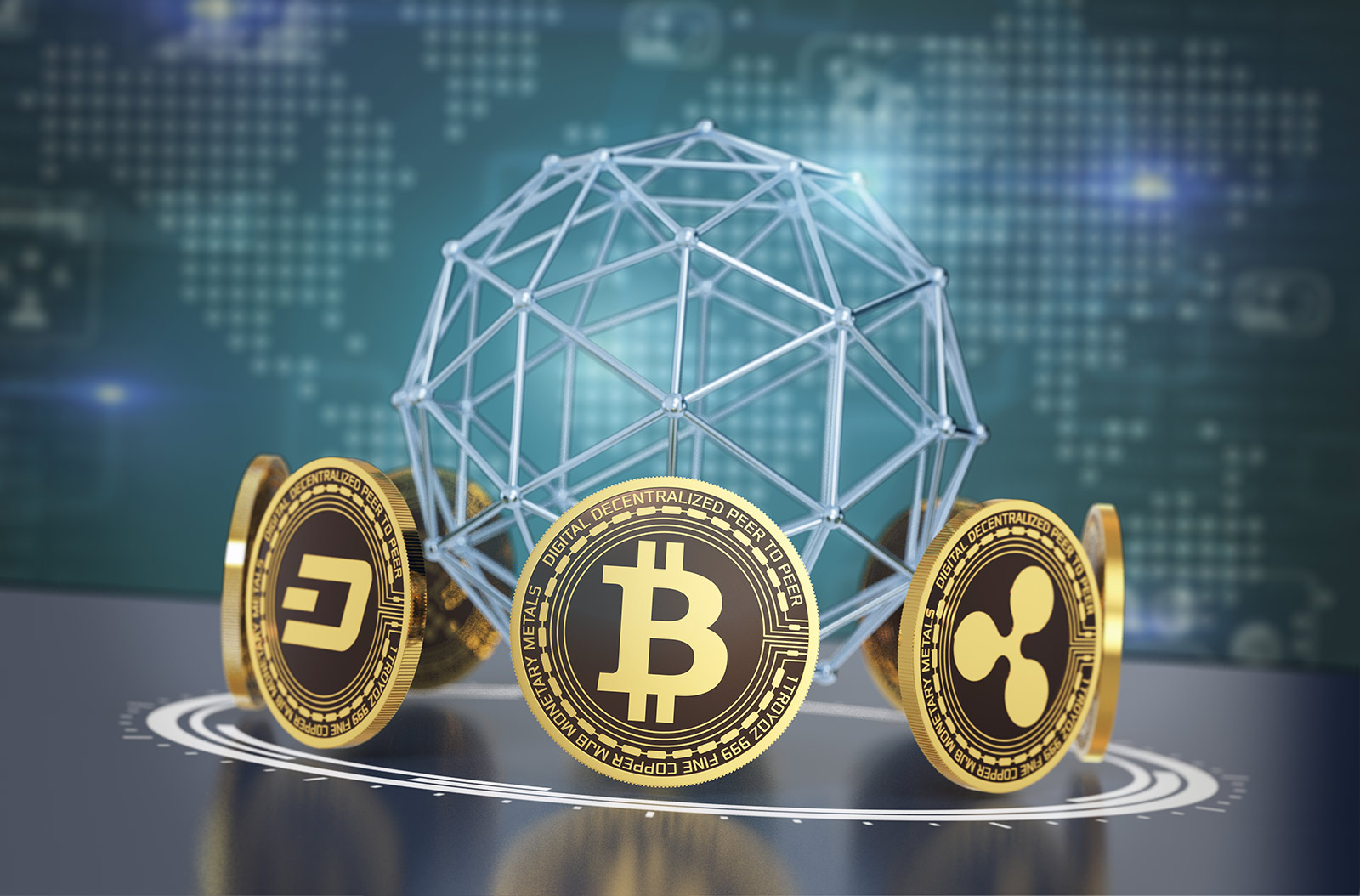They may feel and look the same but in fact, debit cards and credit cards function quite differently. Here we compare the advantages and disadvantages of each one.
What is a debit card?
Debit cards take money directly from your checking account as soon as you make a purchase. This happens by placing a hold on the total amount of the purchase. The merchant in turn sends in the transaction to their bank and the purchase amount is transferred to their account. It is a good idea to keep an eye on the balance of your checking account so you don’t accidentally spend more than you have on your account balance.
Most debit cards have a PIN (personal identification number) that you can use at stores and ATM. Nowadays most cards offer contactless payments (up to a certain amount). Overall paying with a debit card means the money comes out of your account straight away.
What is a credit card?
A credit card is a card that gives you the possibility to borrow money against a line of credit (also known as a credit card limit). You use your card to make purchases which are reflected in your bill. The bank (credit card issuer) pays the merchant and later on, when you get the bill, you pay back the bank.
Unlike a debit card which automatically takes the money from your account a credit card allows you to buy now and pay later. However, if you don’t pay your monthly statement you will be charged interest. Credit cards usually have high-interest rates and depending on where you live can affect something called a credit score. Paying on time and paying the full amount is essential to avoid extra fees (interest) and additional late fees determined by the credit card issuer.
Some other things to note. The bank decides your credit limit based on your credit history, gross annual income, repayment history, length of credit history, and the number of credit accounts you may have.
So which is better?
Since debit card purchases take money directly from your checking account the chance to overspend is difficult as you are limited to the amount available in your account. On the other hand, with a credit card, you risk spending more than you can over. Your credit limit does not reflect what you can afford to pay monthly.
So if you need to better manage your money a debit card may be the safest option. You avoid the risk of paying late fees and incurring unwanted interest. However, credit cards may offer some additional perks such as insurance, points for travel or purchases, and other incentives. Besides, credit cards can be handy when you need to pay for something urgently and you don’t have the actual cash. It can buy you time so to speak and this can be very helpful in certain emergencies.
Which card is right for me?
When trying to determine whether to use a credit card or a debit card, you should be honest with yourself and your ability to handle credit. If you have spending issues, it is better to use your debit card whenever possible, to prevent yourself from falling into credit card debt. Choosing the best card to use also depends on the purchase. Some rental car agencies and hotels make using a debit card impossible, or at least inconvenient.
Fraud protection
It is essential to understand what protections are included with your card.
If your credit or debit card information has been compromised, contact your bank immediately. Most banks have a 24-hour hotline you can call. The sooner you call, the better. You won't be liable for fraudulent charges made with your ATM or debit card after your report that it is missing or stolen. After you report the missing card, follow up with a written statement by letter or email. Very carefully screen your account for charges you didn't make and report them to the bank.
Read our next article: How to open a bank account online.
Article sources :
Consumer Financial Protection Bureau. "What Is the Difference Between a Prepaid Card, Credit Card, and a Debit Card?"
Consumer.gov. "Using Debit Cards."
Consumer.gov. "Using Credit."
FDIC. "When and Why Your Credit Card Interest Rate Can Go Up."
Federal Trade Commission Consumer Information. "Lost or Stolen Credit, ATM, and Debit Cards.".
Federal Trade Commission. "Disputing Credit Card Charges."









